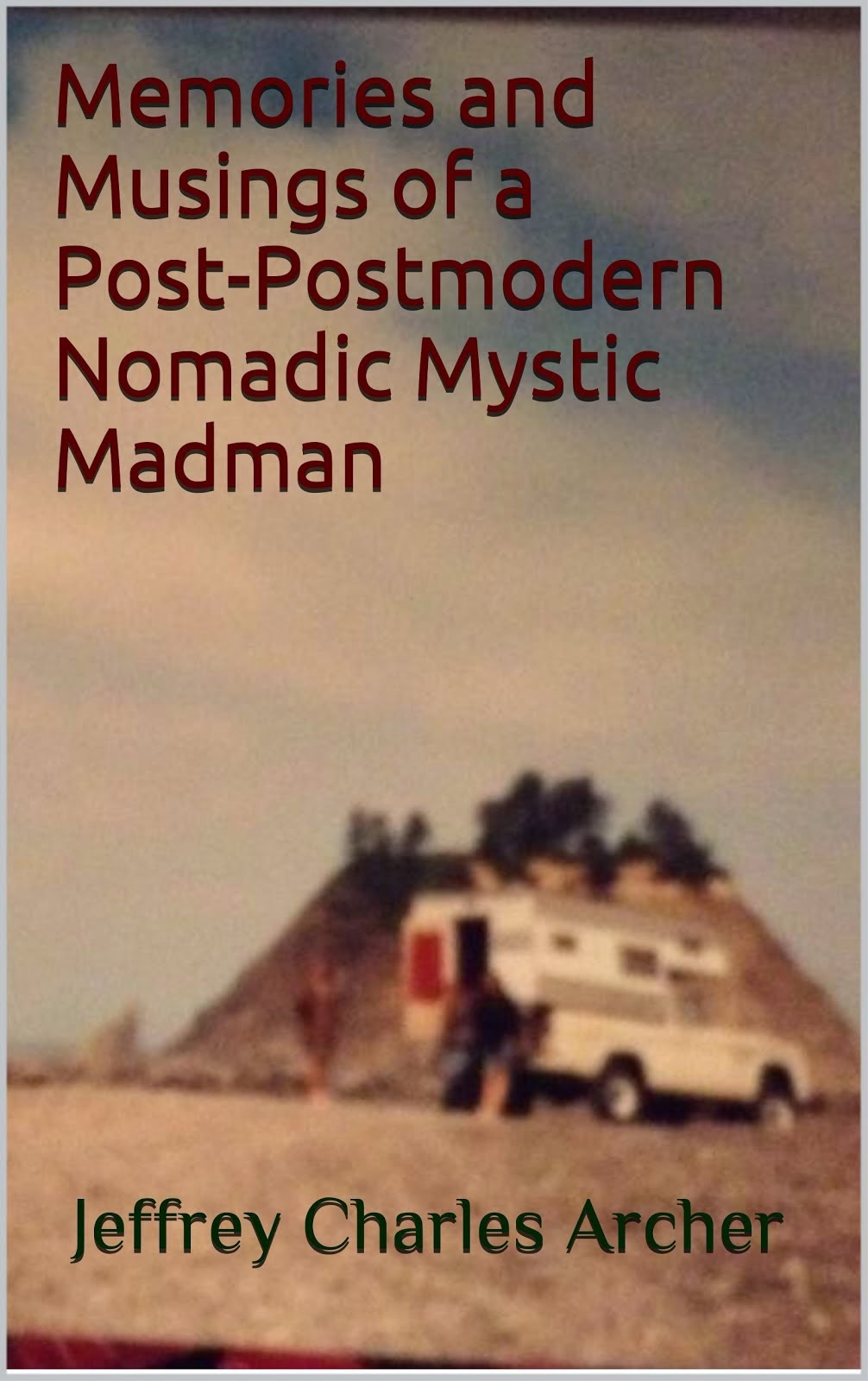Africa’s Mount
Meru is just south of Kenya. Nila in
Sanskrit means "blue," and the Blue Mountains of the Democratic
Republic of the Congo are on the west shore of Lake Albert, which is one source
of the Nile (Sanskrit nila) River, and thus the above passage from the
Vishnu Puranam is likely describing the area between the land around Mount Meru
in Tanzania and the Blue Mountains that are north and west of Meru, one source to
the Nile, as being granted to Kamya, i.e., including the land later known as
Kenya!! There is a tribe in Kenya known as the Nandi people. Nandi
is the bull that is Lord Shiva's vehicle according to Hinduism. One of the tribes of Tanzania is the Shambaa
tribe who speak the Shambala language, rather quite close to the name of Hindu
God Shiva Shambo and to the mythical Kingdom of Shambala of Hindu and Buddhist
lore. Among the many place names in Tanzania,
Kenya and Uganda that are very likely derived from Sanskrit (* indicating that
the same place name is found in India):
Salabani* (Sanskrit sala, “water”[1] + bANi/vANI
Saraswati/“of a river.”[2] Salabani, Odisha India), a town on the shore
of Lake Baringo in Kenya; Kamarabuyon, Kenya (Sanskrit kamara, “desirous”[3]);
Namanyama, Uganda (Sanskrit nAma, “name/named”[4] + yama,
Lord of Death and Hell and Judge of the Dead[5]);
Kampala, Uganda* (kAmapAla, “gratifier of human desires,” a name applied
to Vishnu and Shiva.[6] Kampala, Odisha India); Siaya, Kenya
(Shiva/Shivaya); Kalii, Kenya (Kali, “black” and name of Goddess Kali. Kali, Gujarat and Kali, Tamil Nadu, India);
Simba, Kenya (Swahili “Simba” = “lion,” Sanskrit simha, = “lion”);
Kisangani, Democratic Republic of the Congo, Kisandji, Democratic Republic of
the Congo, Kisarawe, Tanzania, Kilwa Kisiwani, Tanzania, Kisiwa, Tanzania
(“Kisa” likely from God “Krishna,”); Shimbi Mashariki, Tanzania (Shiva + maha
+ rishi/RSi, “Shiva Great Sage”); Msindaji, Tanzania*, a community
overlooking the Indian Ocean (Sanskrit sindhu, name of Varuna as god of
the ocean[7] + jI,
“Sir/mister.”[8] Sindagi,
Karnataka India); Lingaula, Tanzania* (Sanskrit liṅga, “phallus”/“sign
of Shiva.” Lingala, Telangana and Lingala, Maharashtra India), Nangurukuru,
Tanzania (Sanskrit nanA, “mother" + guru “teacher” + kuru
a people/ancient kingdom of northern India[9]), Matapatapa,
Tanzania, a village on the ocean shore precariously perched at the top of a steep
sand dune (Sanskrit mata, “mother” or “considered” + patApata ”going or
inclined to fall”[10]);
Banda, Uganda* and Banda, Tanzania* (Swahili banda “shed, barrack, barn,
hut; hovel: ~ la farasi stable; ~ la ndege air shed; ~ la gari garage; ~ la
kuku poultry yard. kibanda nm.”[11];
Sanskrit bandha m.
binding, tying, a bond, fetter . . . damming up (a river) . . . custody . . .
connection or intercourse with (comp.) . . . putting together, uniting,
contracting, combining, forming, producing . . . joining . . . constructing,
building (of a bridge &c) . . . a border, framework, enclosure, receptacle
. . .”[12]);
Lake Sagara, Tanzania* (Sanskrit sAgara,
“the ocean . . . an ocean . . . n. relating to the sea , marine);
Tara, Uganda* (Devi Tara, one of the names of Shiva’s Consort Parvati);
Shangarai, Tanzania, just south of Meru in Arusha (Shankara, name of Shiva
meaning “beneficent”); Kihindi, Tanzania (Hindi is a name of Durga and of the
language); Miguruwe, Tanzania (guru, a teacher); Zinga Ngahama, Tanzania (linga/symbol
of Shiva + Ga (Shiva) + hama a partiular personification”); Mitanga,
Tanzania, Sanga Sanga, Tanzania* (Sanskrit sanga); Kapala, Uganda* and
Kapalala, Tanzania (kapala/kApAla cup or bowl, skull, name of a sect of Shivites);
Aganga, Uganda, a community next to the Victoria Nile (gangA, Ganges
River, India); Atura, Uganda (atura, “not liberal, not rich”). The name of the coastal city Mombasa
similarly sounds rather like Mumbai (Bombay), an ancient port city on the
opposite side of the Indian Ocean from Mombasa, Kenya.
[1] Cologne Digital Sanskrit Lexicon (from
Monier-Williams' 'Sanskrit-English Dictionary'), s.v. “sala,” accessed February
21, 2023,
https://www.sanskrit-lexicon.uni-koeln.de/scans/MWScan/tamil/index.html.
[2] Ibid., s.v. “vani.”
[3] Ibid, s.v. “kamara.”
[4] Ibid, s.v. “nama.”
[5] Ibid., s.v. “yama.”
[7] Ibid., s.v. “sindhu.”
[8] Ibid., s.v. “ji.”
[9] “Kuru Kingdom,” Wikipedia, last edited May 13, 2023,
accessed June 5, 2023,
https://en.wikipedia.org/wiki/Kuru_Kingdom#:~:text=Kuru%20(Sanskrit%3A%20%E0%A4%95%E0%A5%81%E0%A4%B0%E0%A5%81)%20was,900%20BCE).
[10] Cologne Digital Sanskrit Lexicon (from Monier-Williams'
'Sanskrit-English Dictionary'), s.v. “patapata,” accessed June 5, 2023,
https://www.sanskrit-lexicon.uni-koeln.de/scans/MWScan/tamil/index.html.
[11] Swahili-English Dictionary, s.v. “banda,” Nino
Vassella, accessed June 5, 2023, https://www.swahili.it/glossword/index.php?a=term&t=ae5bafa4aca3a8ab61.
[12] Cologne Digital Sanskrit Lexicon (from
Monier-Williams' 'Sanskrit-English Dictionary'), s.v. “bandha,” accessed June
5, 2023,
https://www.sanskrit-lexicon.uni-koeln.de/scans/MWScan/tamil/index.html.





